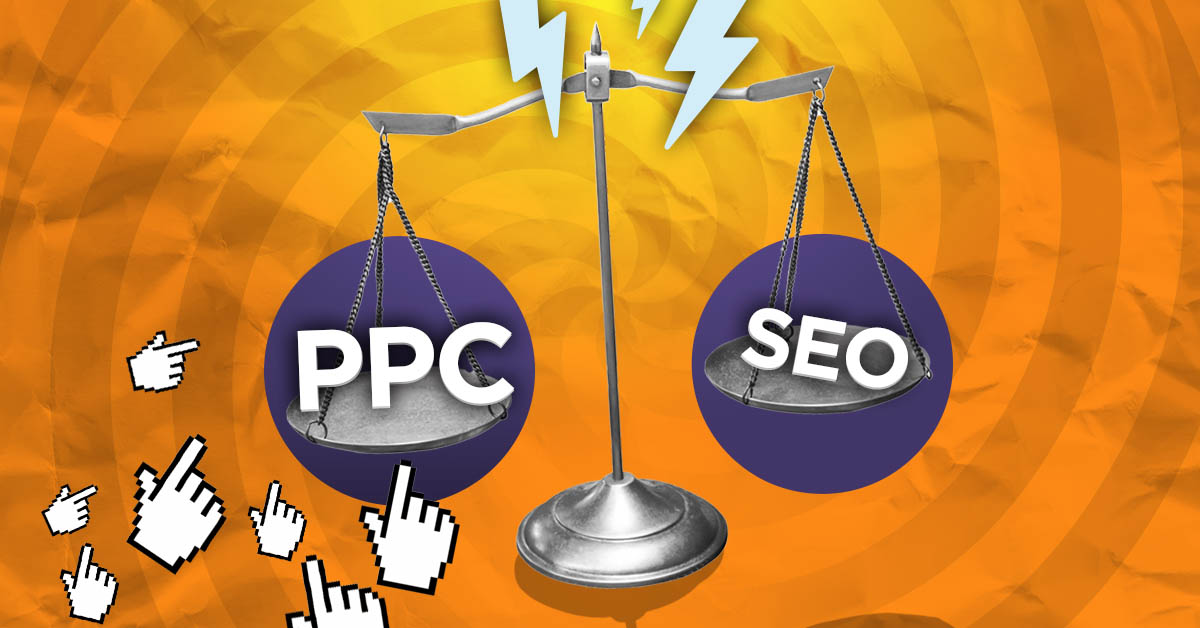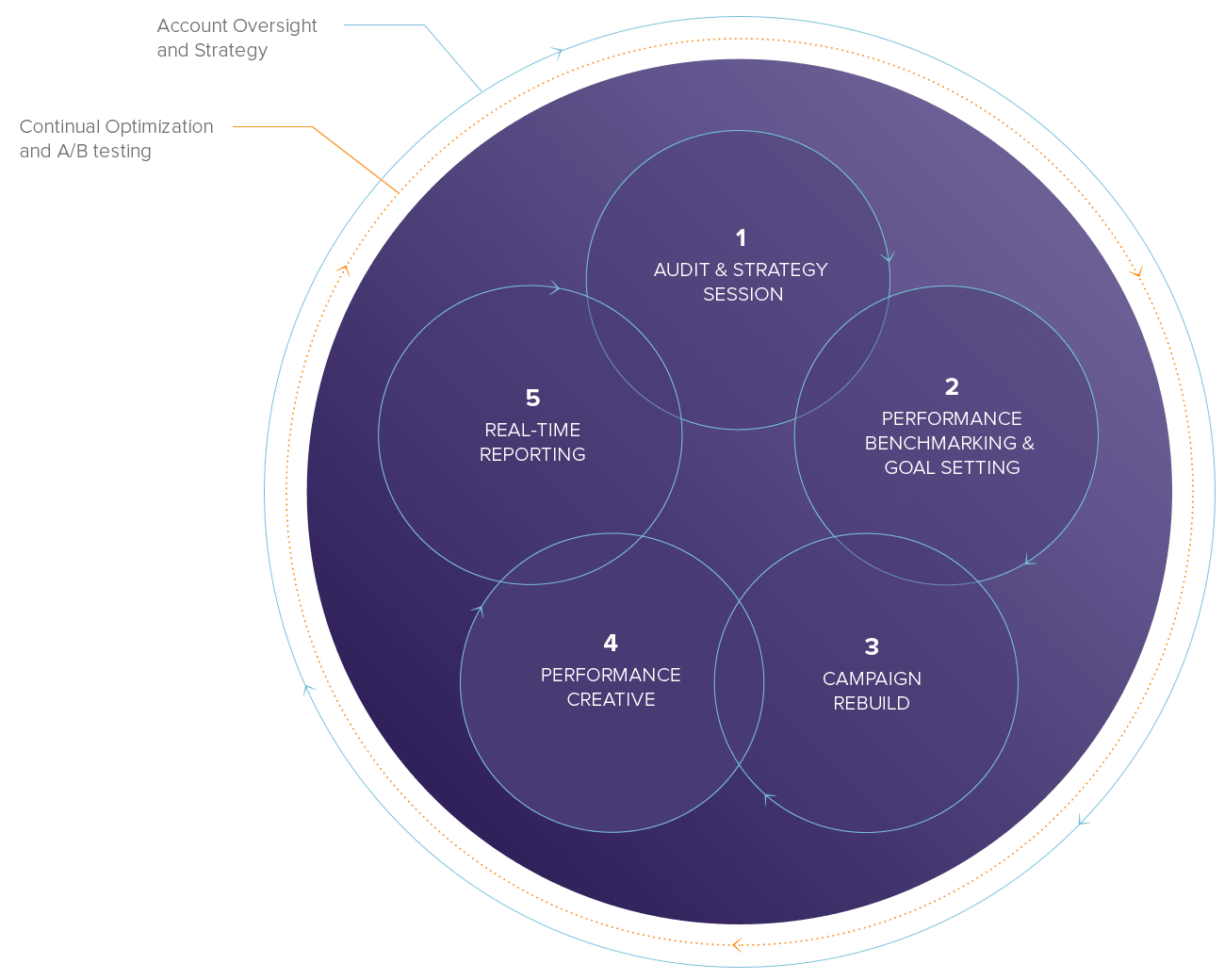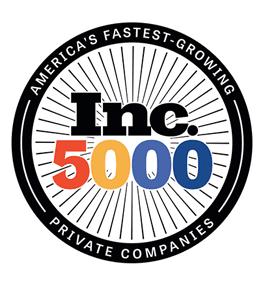How to Use PPC data to Drive More SEO Traffic

There are many ways to improve your SEO efforts and drive more organic traffic to your website. One overlooked strategy by those running PPC campaigns is to use keyword data from PPC for SEO.
When it comes to reaching potential customers online, SEO and PPC should work hand in hand. Both channels offer the opportunity to reach customers through search, but each comes with its own strengths and weaknesses.
PPC has one key advantage over SEO: speed. While SEO can take months to bear fruit, you can usually see immediate results from a PPC campaign. This means that you can test different keywords or ad copy and quickly adjust your strategy if necessary.
On the other hand, SEO takes significantly more effort than PPC, but offers several advantages in return. Firstly, organic search traffic tends to convert better than paid search traffic because it is seen as more relevant and trustworthy. Secondly, SEO will most likely have a lower cost-per-click than PPC and be more long-lasting.
There are several ways to leverage PPC data to inform and enhance your search engine optimization strategy. Identifying high-performing paid keywords can help you to optimize your organic landing pages and attract more organic traffic.
Tracking the performance of PPC keywords will provide insight into which terms are likely to perform well for SEO as well. This allows you to focus your SEO efforts on high-performing terms that increase organic traffic, and improve conversions. Additionally, by focusing on the right keywords, you can reduce your overall search spending and still get great results.
By combining both tactics, you’ll have a better chance of getting noticed by more people. You can identify what questions your customers are searching for. And how you can use keyword research and PPC data to drive organic traffic.
The key is to use keyword research and PPC data to help ensure you’re targeting the right audiences with your SEO campaigns. It takes some time and effort, but when done correctly can result in significantly higher conversion rates and return on investment (ROI). Let’s look at these ways to use keyword research and PPC data to boost your organic search results.
1. Identify keyword opportunities
The first step is to log into your Google Analytics account. Find the keyword performance data for the campaigns associated with your Google Ads account.
Look for keyword phrases that have high search volume, low competition, and are related to the products and services you offer. You should also look for long-tail keywords (keywords with three or more words) that focus on specific topics related to your business.
Once you’ve identified promising keywords, use them to optimize existing content or create new content that targets those terms.
2. Track keyword performance
Monitor keyword performance on both SEO and PPC campaigns using analytics tools such as Google Analytics, Google Search Console and Semrush. This will allow you to see which keyword phrases are performing best, so you can adjust your strategies accordingly.
It will also help you identify keyword phrases that are underperforming and should be replaced with more relevant keyword options. Reoptimize the content that targets those keywords, or create new content.
3. Test keyword variations
Experiment with keyword variations to see which ones are getting the best results. This will help you refine keyword strategies and optimize the content on your website for better ranking in organic search engine results.
4. Analyze competitors
Use keyword research tools to analyze the keyword strategies used by competitors in both SEO and PPC campaigns. Look for keyword trends, new search phrases, keyword combinations, and any new strategies they’re using that could benefit your campaigns.
5. Monitor PPC landing page performance
Analyze the performance of your Paid Search landing pages. See how users interact with them.
Do they find what they’re looking for? Do they click on links? Do they take actions that lead to conversions?
Make sure your SEO keyword optimization efforts meet the needs of your target audience and produce the desired results. Emulate the success of your PPC landing pages on your organic entrance pages and vice versa.
6. Develop and test landing pages
Create specific landing pages for each search phrase and test them to see how they perform in organic search results. Monitor user engagement, conversions, and bounce rates to see which keyword phrases are most successful at driving traffic to your site.
7. Monitor SEO performance
Track SEO performance over time using analytics tools such as Google Search Console or Semrush to identify areas that need specific support.
Monitor keyword rankings, page speed, bounce rate, and backlinks to make sure your SEO efforts are working as expected. See where there are gaps between your PPC and SEO rankings. Fill those gaps with increased spend on the highly competitive keywords, and with optimized content, where SEO can and should compete.
8. Monitor PPC performance
Track keyword performance, clicks, impressions, and cost-per-click (CPC) on PPC campaigns to identify keyword phrases that are not succeeding in driving traffic and leads or are particularly expensive. Determine if any budget should be reallocated to SEO efforts.
9. Use Google Ad Copy to Help Write More Effective SEO Meta Descriptions
Google ad copy data can provide insights into the types of ad copy that are most effective at engaging users and driving them to click on your ads. By analyzing this data, you can identify common themes and strategies that are successful in your ad copy, and use them to craft more compelling and effective meta descriptions. Identify the call to action phrases that are most effective at driving users to your website, and incorporate them into your meta descriptions.
PPC and SEO Keyword Integration – Summary
With keyword research and PPC keyword data, you can uncover excellent organic keyword opportunities that you can in turn target with your SEO efforts. By experimenting with keyword variations, and testing organic landing pages based on what you learn from PPC landing pages, you can increase organic search engine rankings. With lessons learned from Google Ad copy success, you can improve your meta descriptions and grow your organic click-through rates and drive even more visitors to your website.
Make sure your keyword optimization efforts are producing the desired results by optimizing keyword phrases based on data from both SEO and PPC campaigns. Continually evaluate keyword performance and make adjustments as needed to ensure you’re getting the maximum return on investment (ROI).












